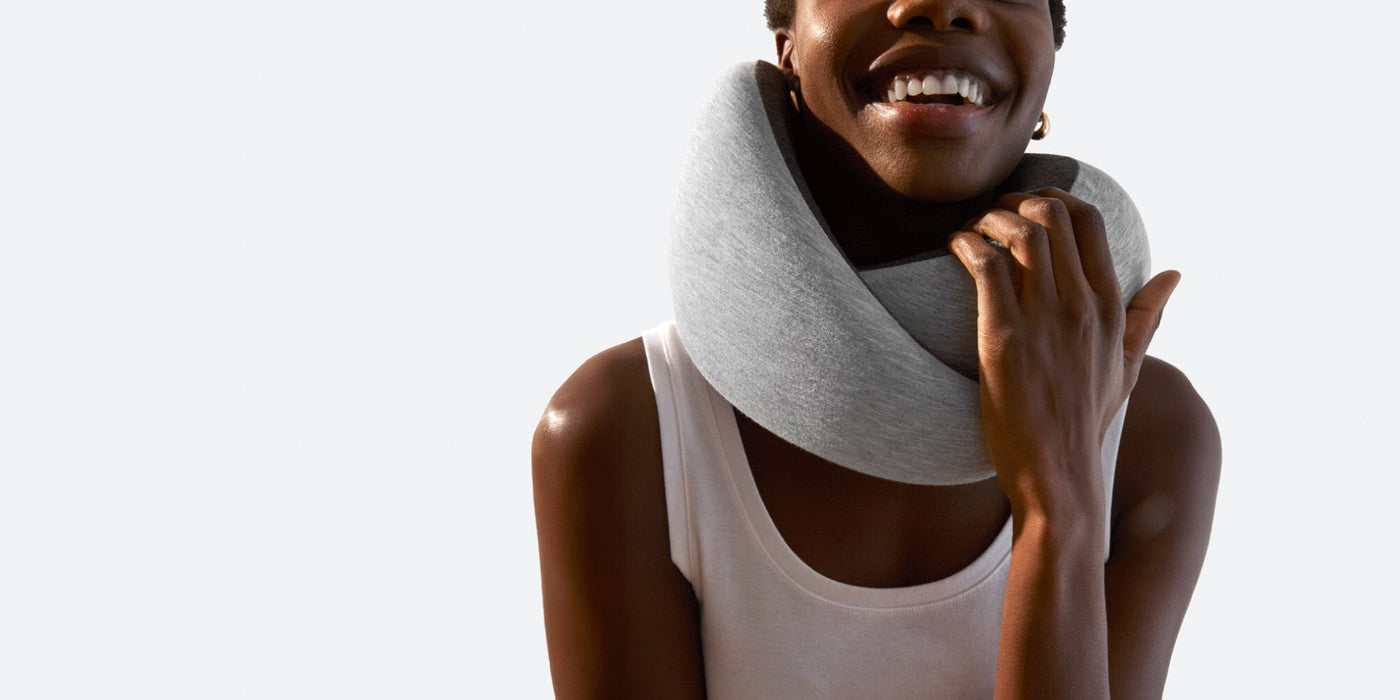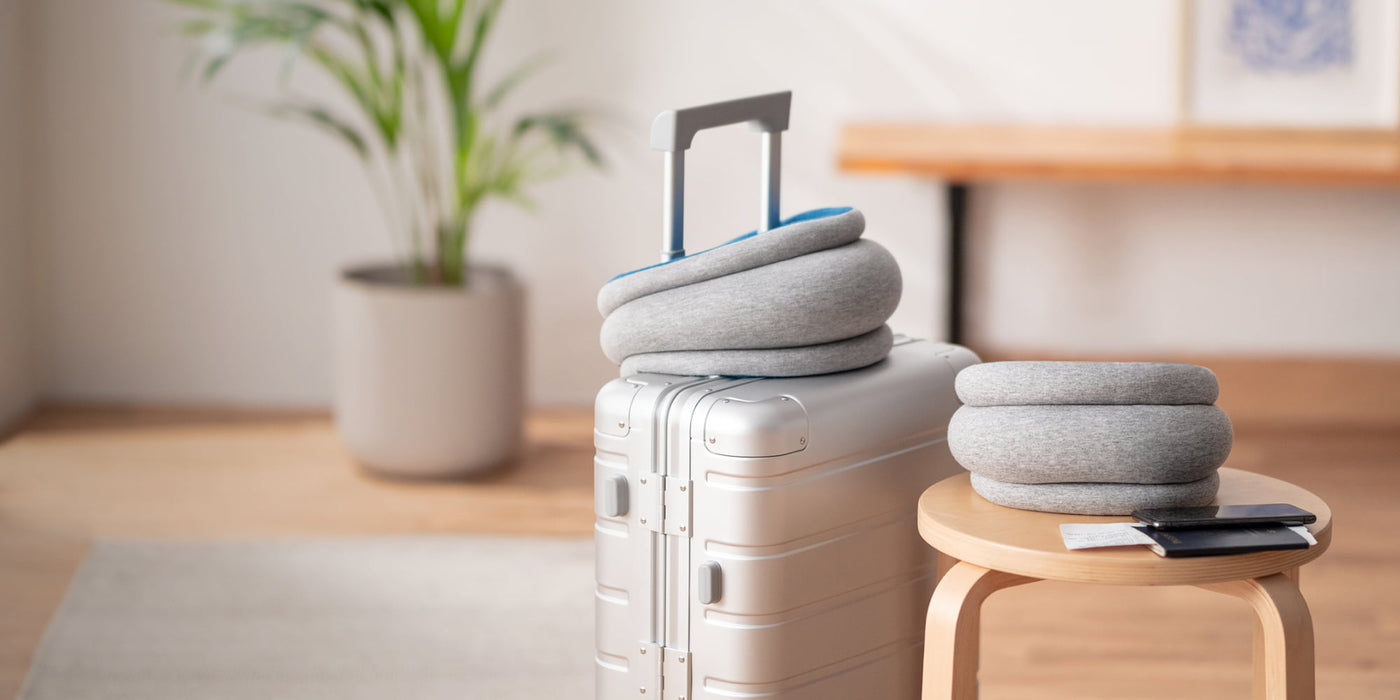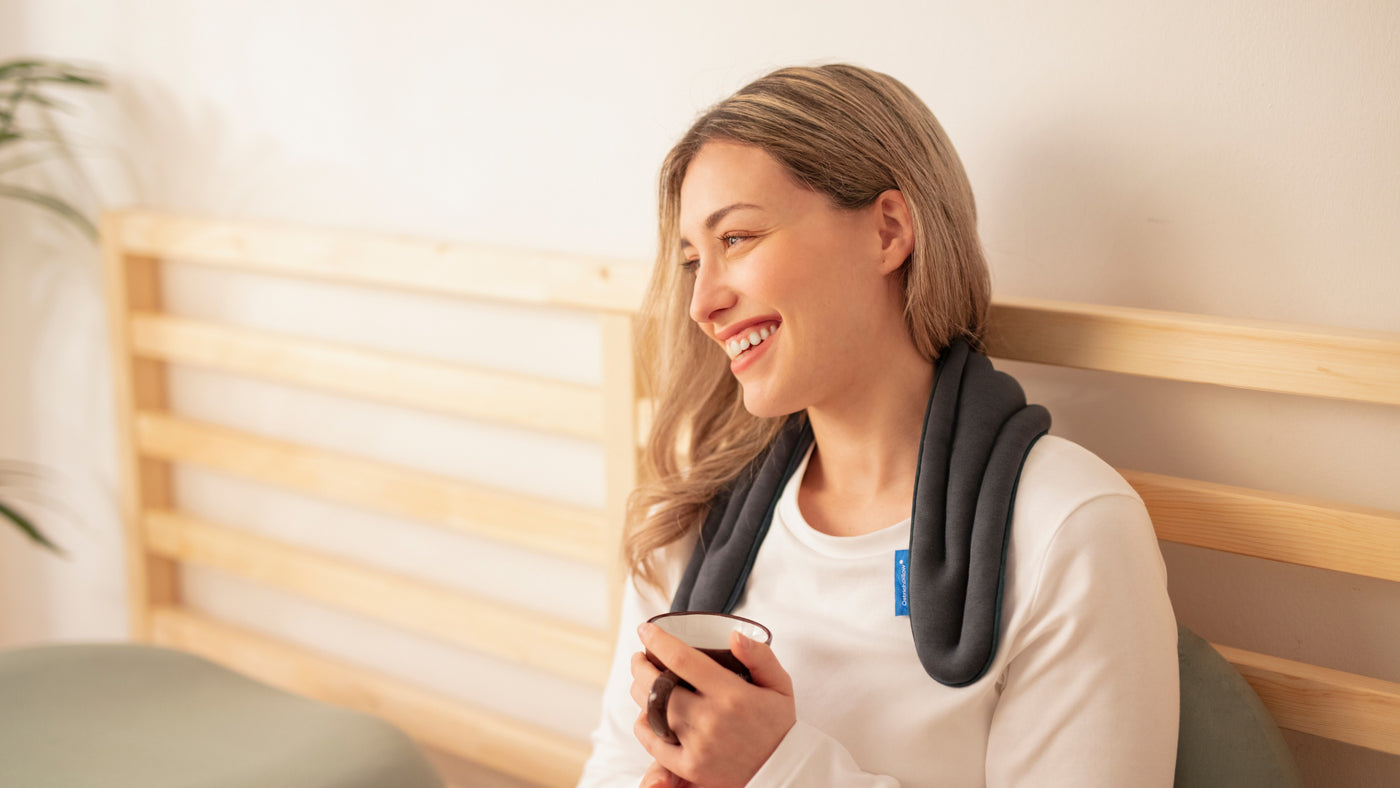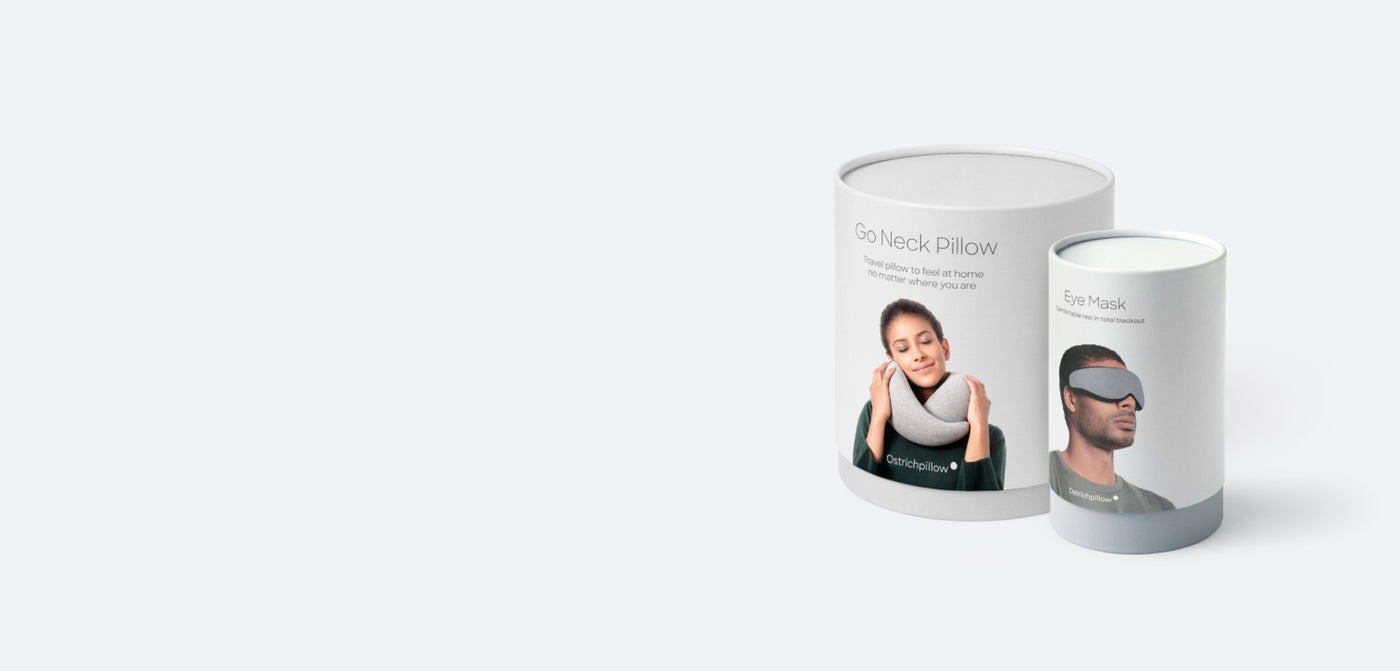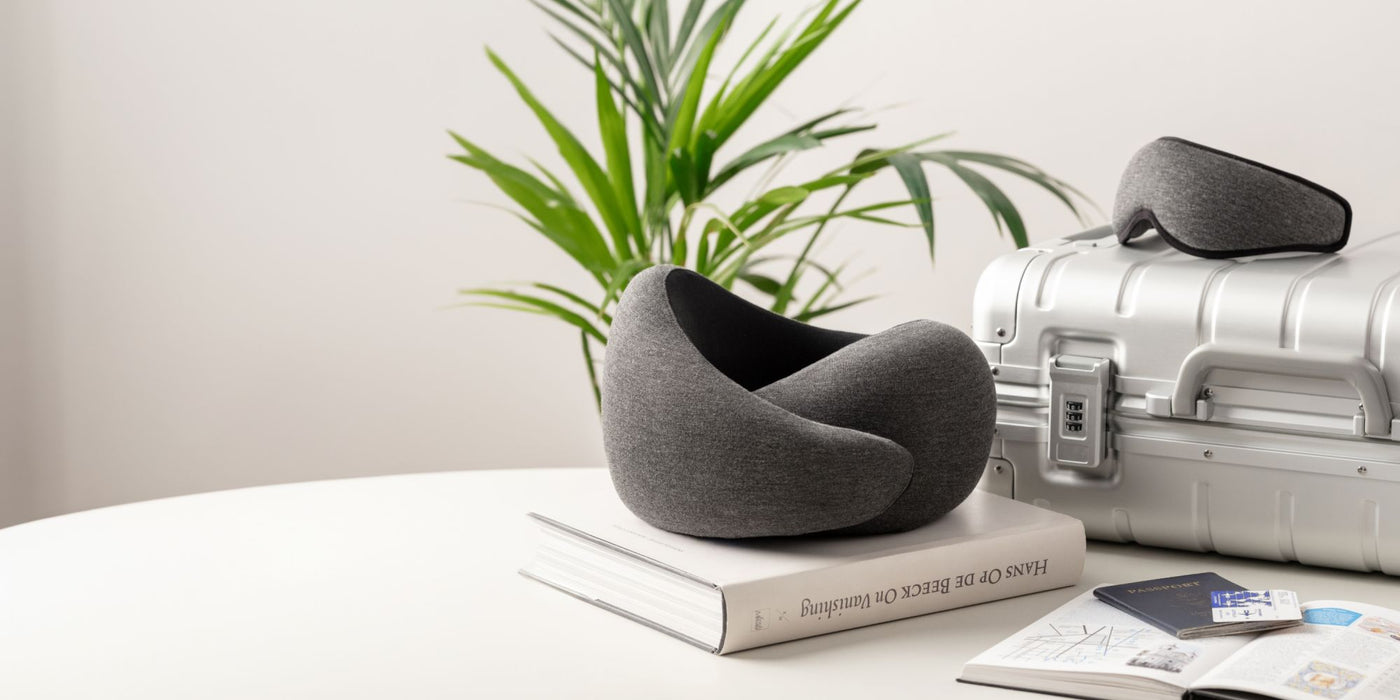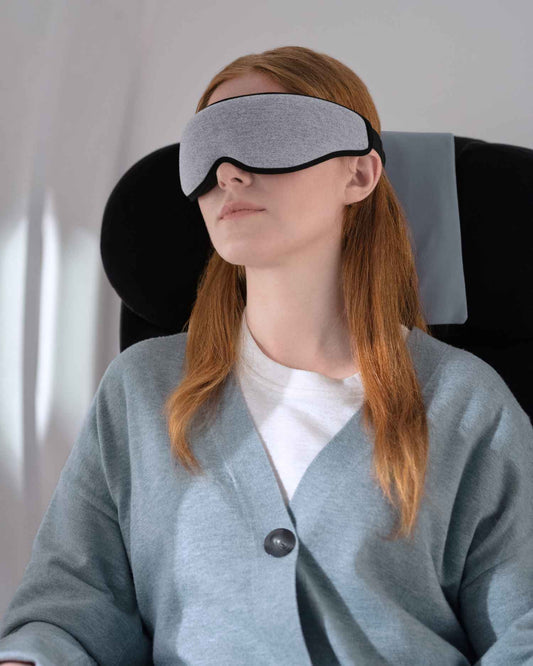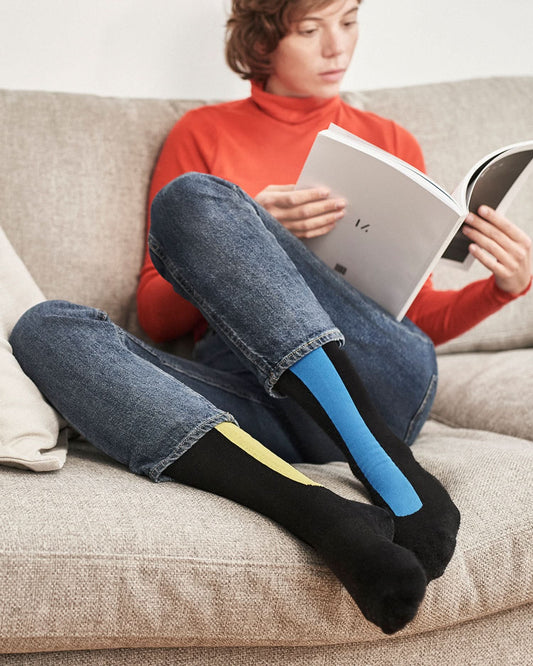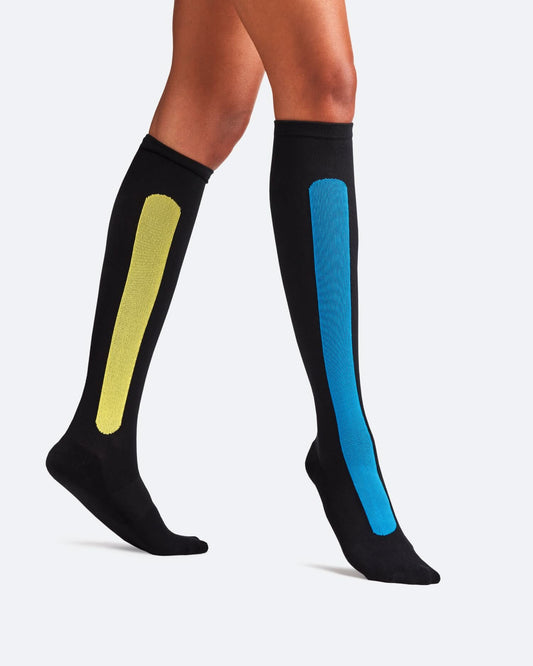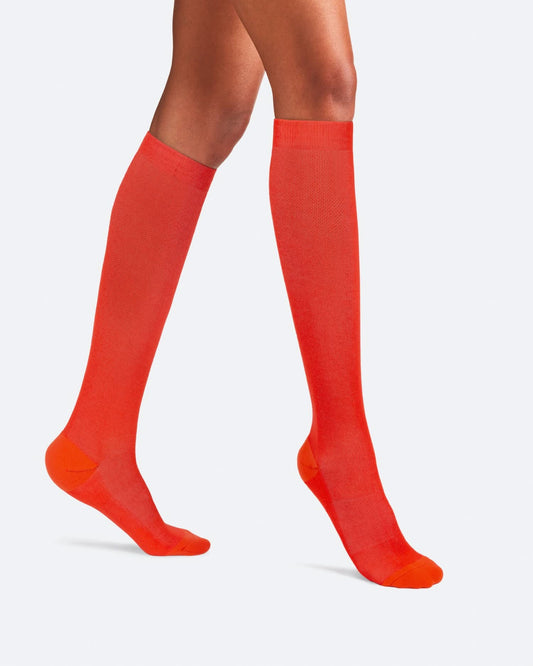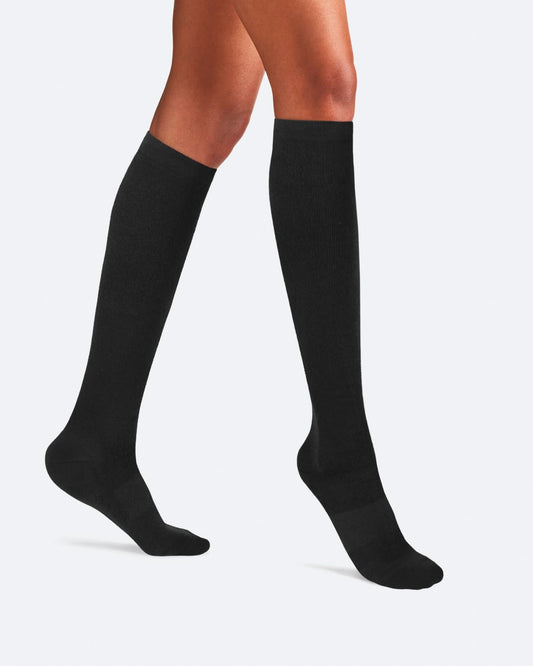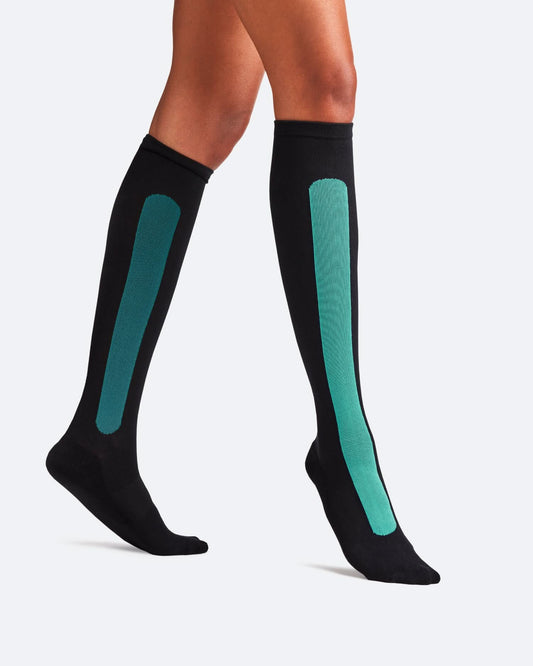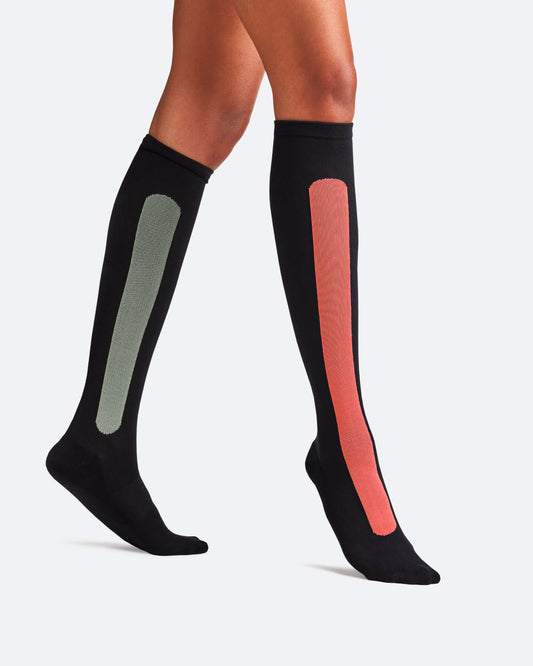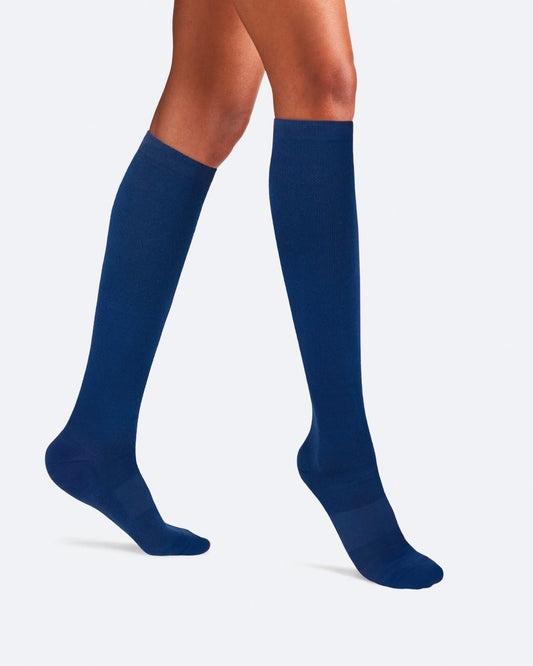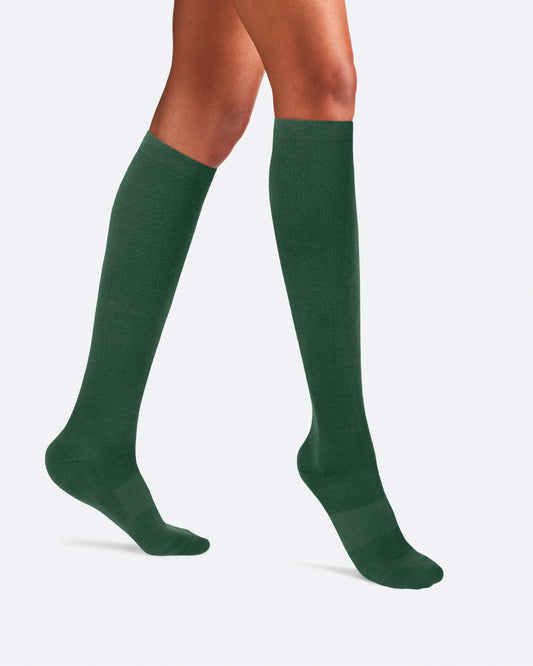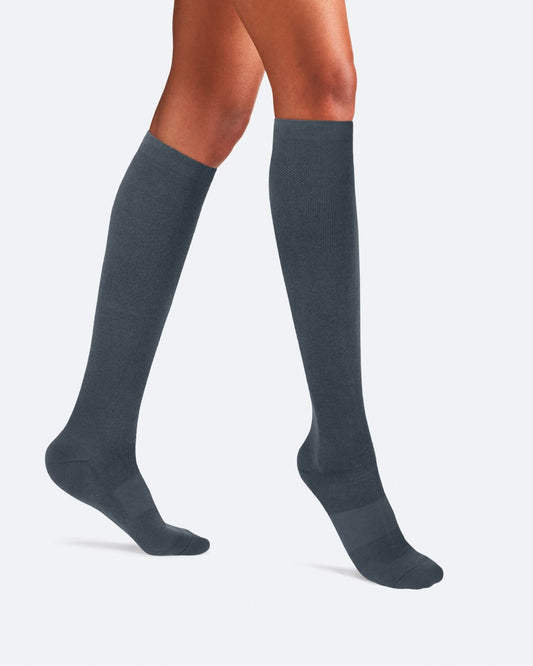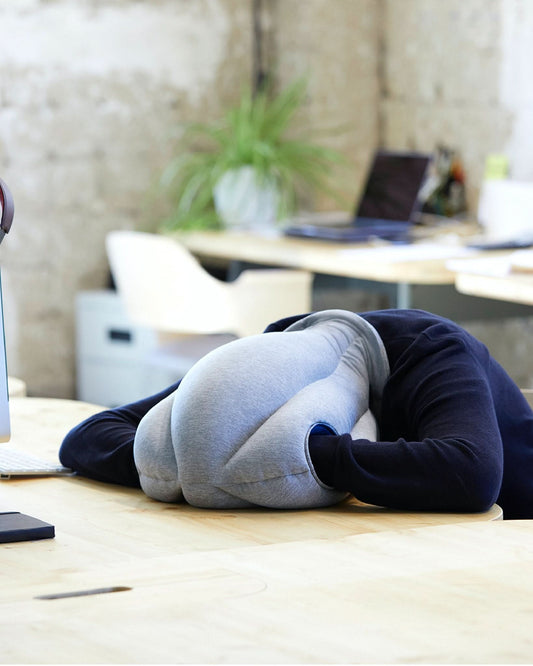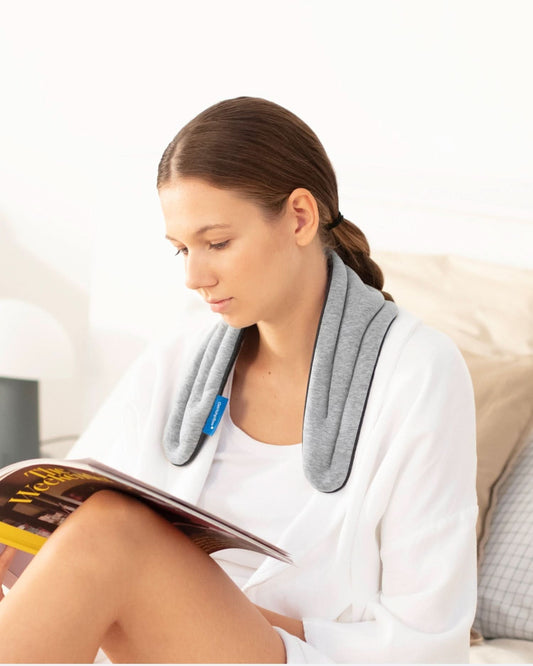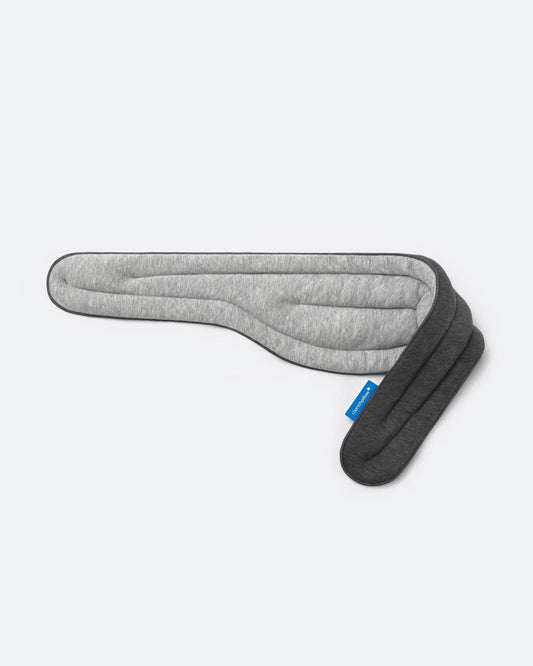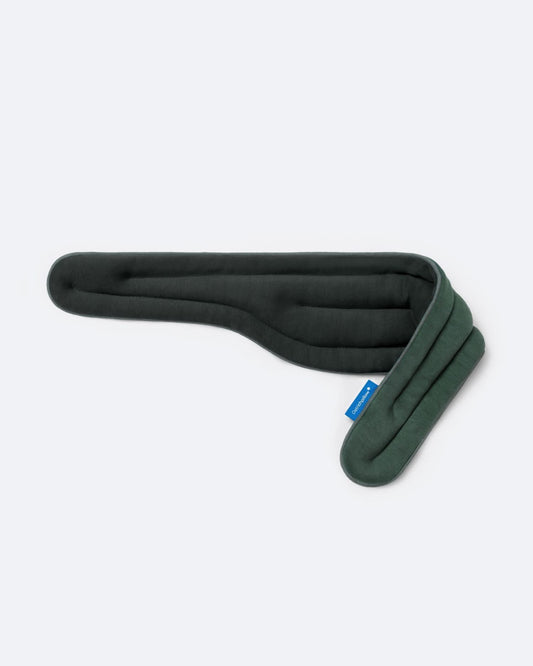
Urban spaces are increasingly understanding the importance of the mind-body connection. Taking cues from meditation and eco-therapy, innovative brands are demystifying personal development and encouraging positive moods and attitudes. This ultimately increases human productivity and combats strain and fatigue.
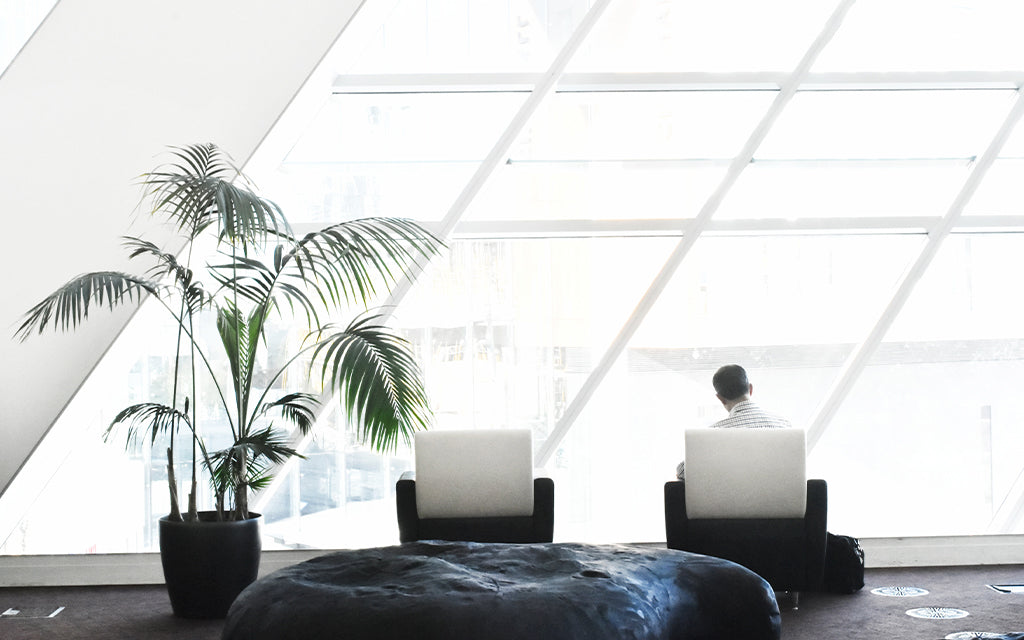
De-stressing design
A new breed of spaces are being strategically located in high-stress places, moments and contexts where people can practise turning negative stress into positive stress to become better people – and view a store as a service, offering intentional mindful balance. More than 10% of the worldwide population now suffer from mental health disorders, according to Institute for Health Metrics and Evaluation, and mental wellness is a global industry now worth $113.5bn according to the Global Wellness Institute.
Jakarta’s Templ is one premium concept store for Generation Z that leans into this trend. Its calm, reflective environment is inspired by the tranquility of ancient temples, with a secluded, deep-red prayer room for quiet moments – doubling as a space for seasonal displays and private events. Meanwhile, Prada’s Rong Zhai villa in Shanghai recently became a destination for deceleration and outdoor hobbies, offering visitors workshops exploring gardening, horticulture and camping.

Emotional fitness
Mental health treatments are also borrowing from the world of exercise. Coa is an emotional fitness studio that follows a similar structure to traditional gyms. Offering live online classes and one-to-one therapy, Coa combines personal training with private therapy sessions. Similarly, MindLabs has been referred to as ‘Peloton for mental health’. According to co-founder Adnan Ebrahim, the start-up’s goal is to ‘make taking care of your mental health as normal as going to the gym’.
Eco therapy
Another signature of meditative moments will be attractive, nurtured outdoor experiences. From green walls and landscaping, to seating, awnings and coverings; these natural oases in cities calm the mind and body. Indeed, eco-therapy is redefining healthy living, as increased exposure to green spaces is associated with reduced blood pressure, better pulmonary and immune function, reduced risk of stroke, cardiovascular disease, and asthma, according to the University of East Anglia. In England, $2.7bn per year could be saved in health costs if everyone had adequate access to green spaces, says Public Health England; and for every dollar spent on nature restoration, at least $8.5 of economic benefits can be expected, says Nature4Climate.
The Green Line garden bridge in Paris is a prototype of edible, resilient, and de-polluting architecture. Its architecture generates its own energy from renewable sources and recycles its own waste and wastewater. In total, 12,000 m² of new green spaces and phyto-remediation lagoons will take root in the neighborhood to make it breathe better and promote the development of a biodiversity corridor. Meanwhile, there is a new law that Parisians can now use free public spaces to create gardens. People are now removing parts of the concrete to grow flowers, fruit and vegetables. So now you have plants going up buildings, and when you step into these areas it is immediately cooler.

Outside in
Beauty and hygiene brands are also harnessing and repackaging the many benefits of nature. In particular, they are tapping into new formats and channels to deliver the sensory qualities of the outdoors – from scent to sound. Statistics suggest we now spend about 90% of our time indoors, almost 70% of which is at home according to Delos. Considering we spend so much time inside, there is an opportunity to find novel ways to reconnect with nature.
Described as an ‘anti-stress supplement that delivers the healing effects of nature on the body’, The Nue Co’s Forest Lungs fragrance is inspired by the concept of medicalising nature. It fuses olfactory chemistry and patented technology to replicate the molecular compounds produced in forests called phytoncides. Clean botanics brand Amass takes a similar approach with a non-alcoholic spirit inspired by coniferous forests designed to connect Self-Care and social rituals.
Meditative Design is one of the 5 Self-Care Trends for 2022 identified by Ostrichpillow and Tom Savigar, founder of Avansere, to offer what we all need most at this unique time: new rituals and habits to take wellbeing and happiness into our own hands.
Check the other 4 trends:
Mindlessness Rising: the renaissance in reflective and mindless pursuits to elevate creativity, ingenuity and lifelong learning.
Movertainment: exercise as a form of entertainment and escapism.
Curator Culture: coping with too much data and people’s attention spans getting shorter.
Restful Realities: new solutions for one of the most neglected aspects of wellbeing – sleep.
Ostrichpillow.
Self-Care Matters.
Want to feel good?
At Ostrichpillow we're all about Self-Care and wellbeing. Join our community and you'll receive special offers and inspiration fresh to your inbox.
Photo by Christin Hume on Unsplash
Photo by Eunice Lui on Pexels
Photo by Mark Olsen on Unsplash














